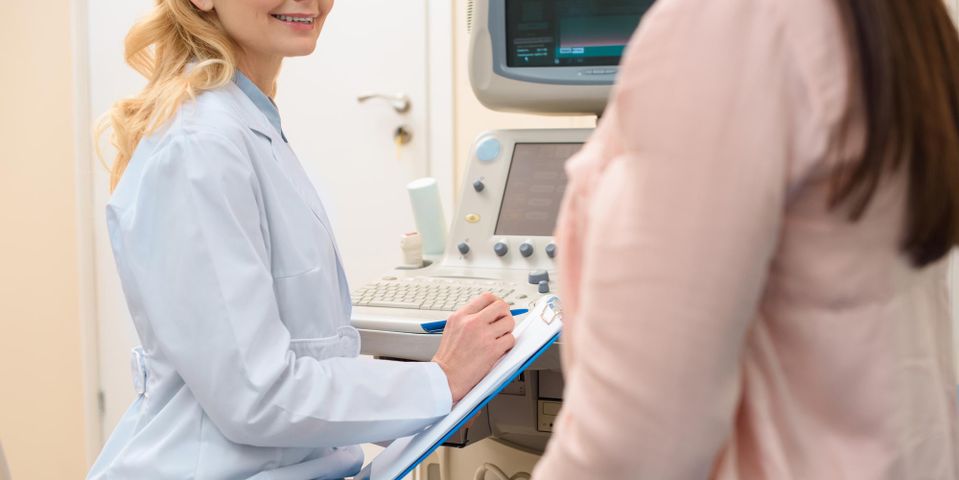
If you’ve ever experienced abdominal pain during your period, you’ve encountered dysmenorrhea. Although a common occurrence in women’s health, dysmenorrhea is still a cause for concern. The primer below explains how you can identify symptoms and what you can expect in terms of diagnosis and treatment.
An Overview of Dysmenorrhea
What Is Dysmenorrhea?
There are two types: Primary dysmenorrhea is experienced by most women during their period and isn’t a sign of poor health. The cramping often begins a couple of days before menstruation and is marked by pain in the back, thighs, and lower stomach. The sensation is different for everyone, but the pain level often subsides with age. It may involve nausea, fatigue, vomiting, or diarrhea, and can last anywhere from 12 to 72 hours.
Secondary dysmenorrhea is not a common symptom of menstruation but is a sign of a reproductive organ issue. It may accompany an infection, endometriosis, or uterine fibroids, among other disorders. However, it also coincides with the menstrual cycle, starting before the period and lasting longer than primary dysmenorrhea.
What Tests Are Used for Diagnosis?
 If you visit your women’s health provider, they will conduct a pelvic exam to look and feel for any irregularities that might point to an underlying illness. If necessary, they may perform an ultrasound exam, which uses sound waves to identify growths and swollen areas in the uterus. They may also perform a laparoscopy, a surgery to further inspect the uterus.
If you visit your women’s health provider, they will conduct a pelvic exam to look and feel for any irregularities that might point to an underlying illness. If necessary, they may perform an ultrasound exam, which uses sound waves to identify growths and swollen areas in the uterus. They may also perform a laparoscopy, a surgery to further inspect the uterus.
How Is Dysmenorrhea Treated?
Your women’s health provider may suggest pain relievers or birth control pills to alleviate your primary dysmenorrhea symptoms, along with heat therapy or exercise. If your dysmenorrhea is caused by an infection or growth, you may need to take antibiotics or undergo surgery.
If you’re hoping to get to the bottom of your period pain, get in touch with Caring For Women of Anchorage, AK. This women’s health clinic has over 20 years of experience performing OB-GYN procedures. Whether you need a routine checkup or a hysterectomy, they will ensure you’re kept safe and comfortable throughout your treatment. For more information, visit the website. You can also call (907) 279-2229 to make an appointment and keep up with your preventive care.
About the Business
Have a question? Ask the experts!
Send your question

